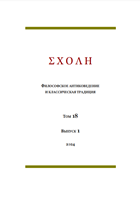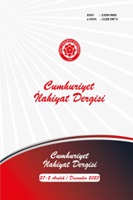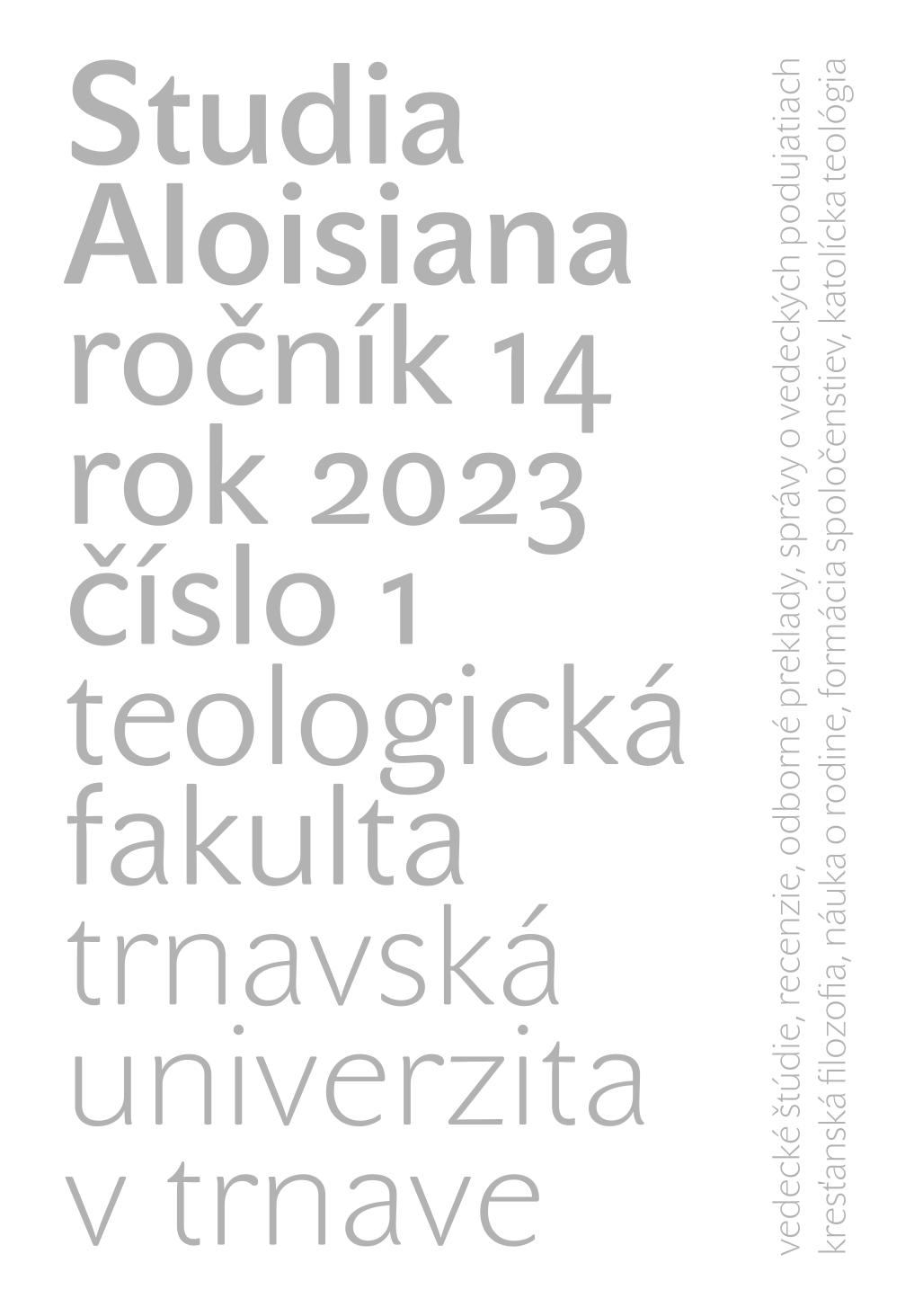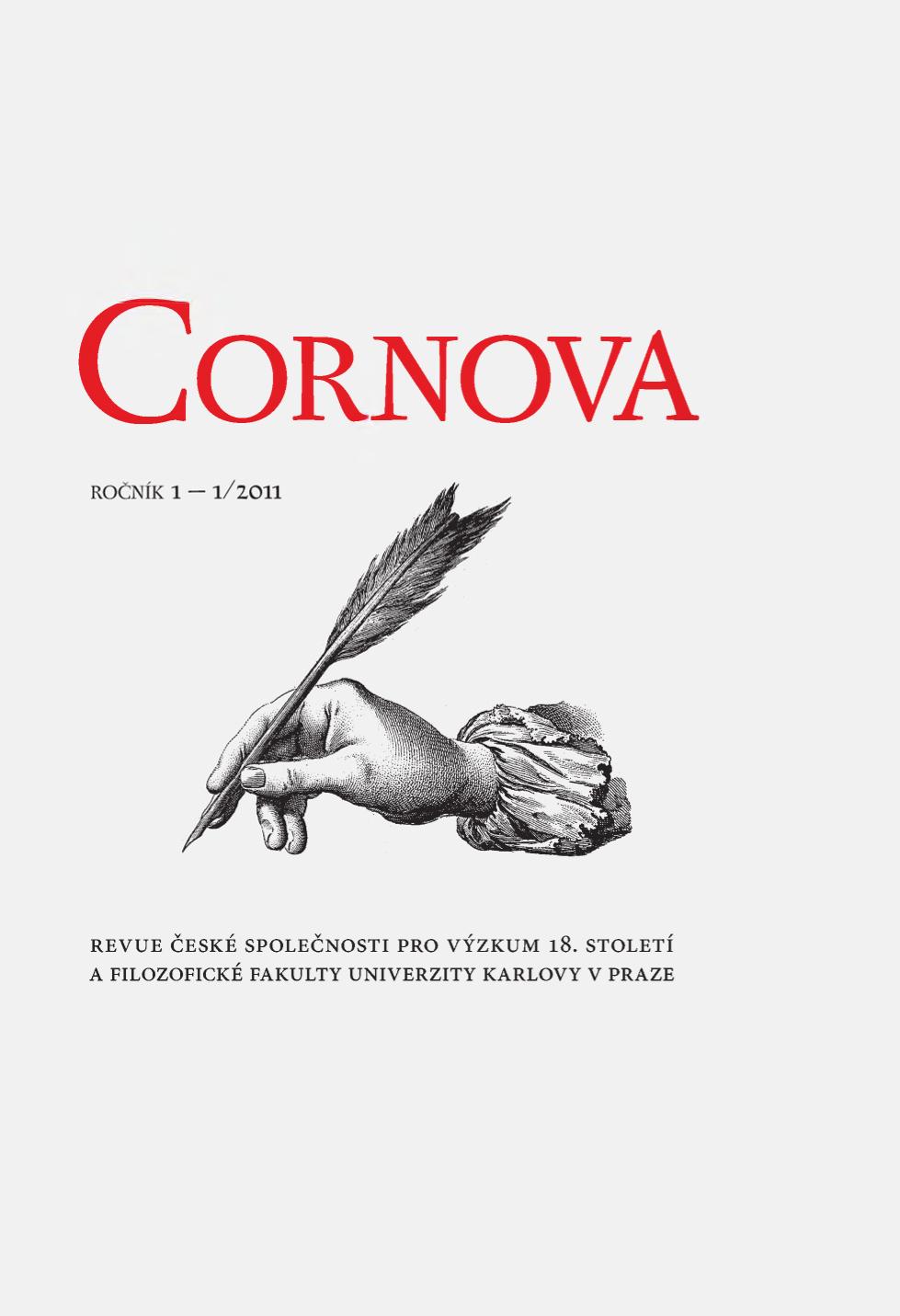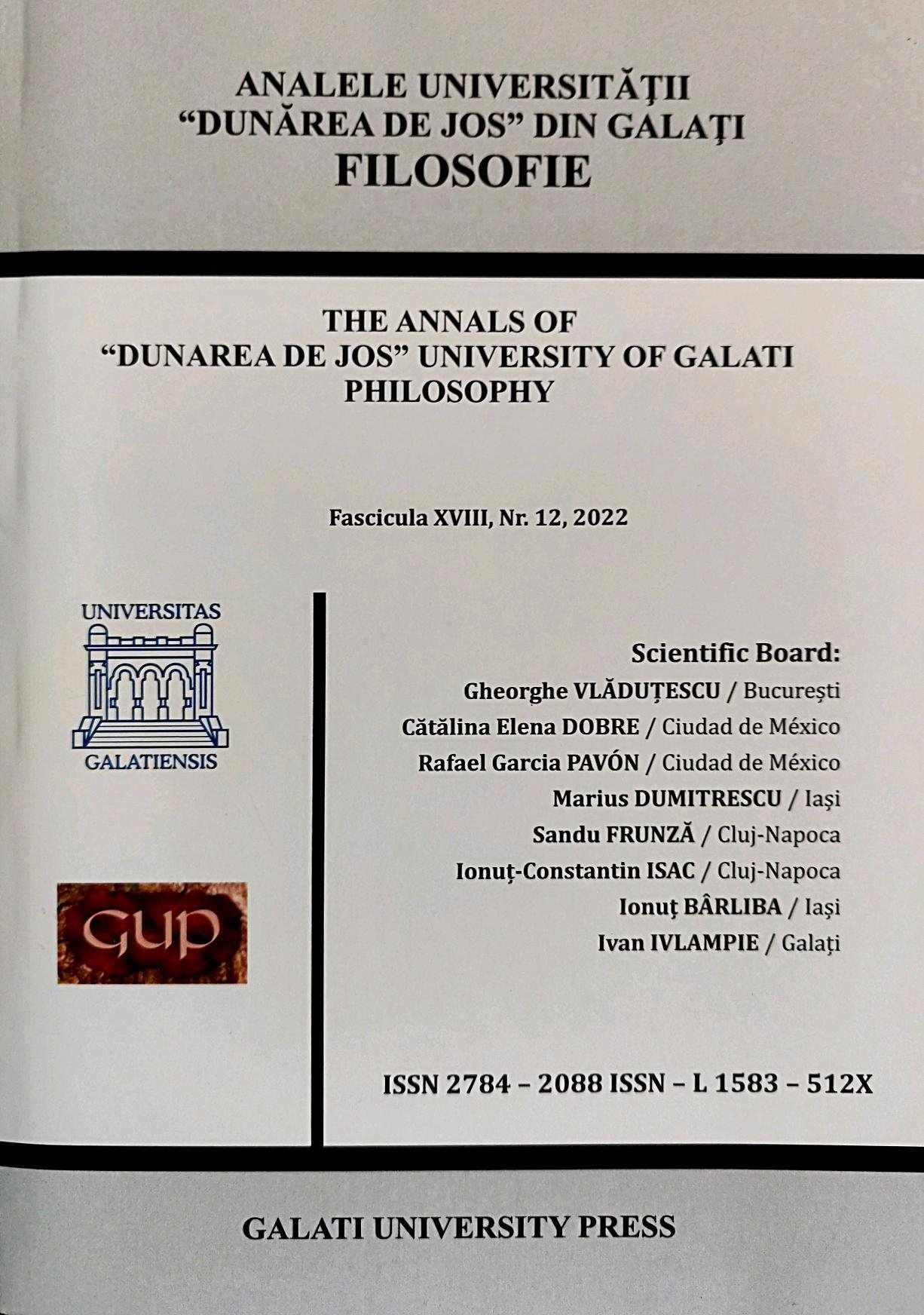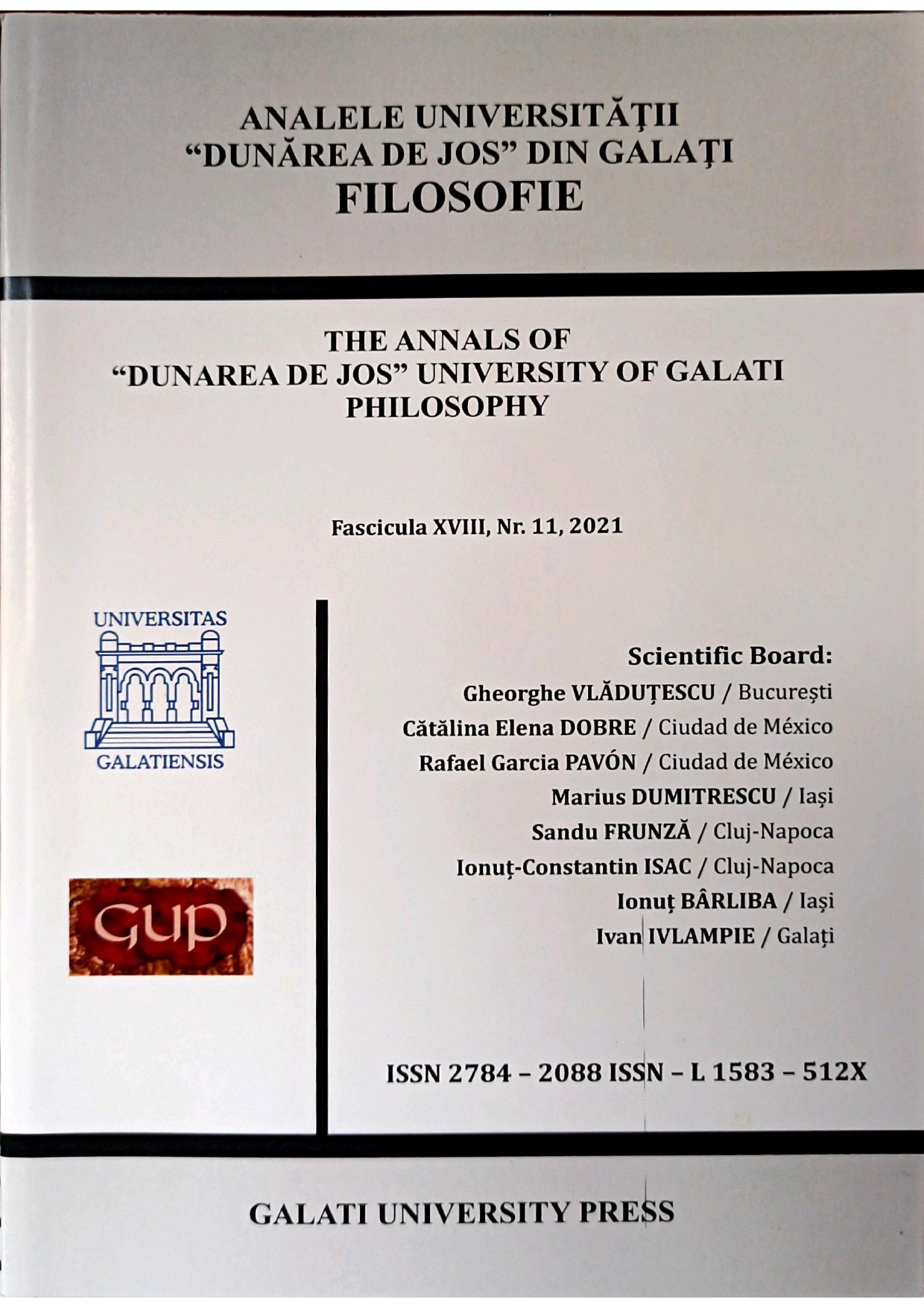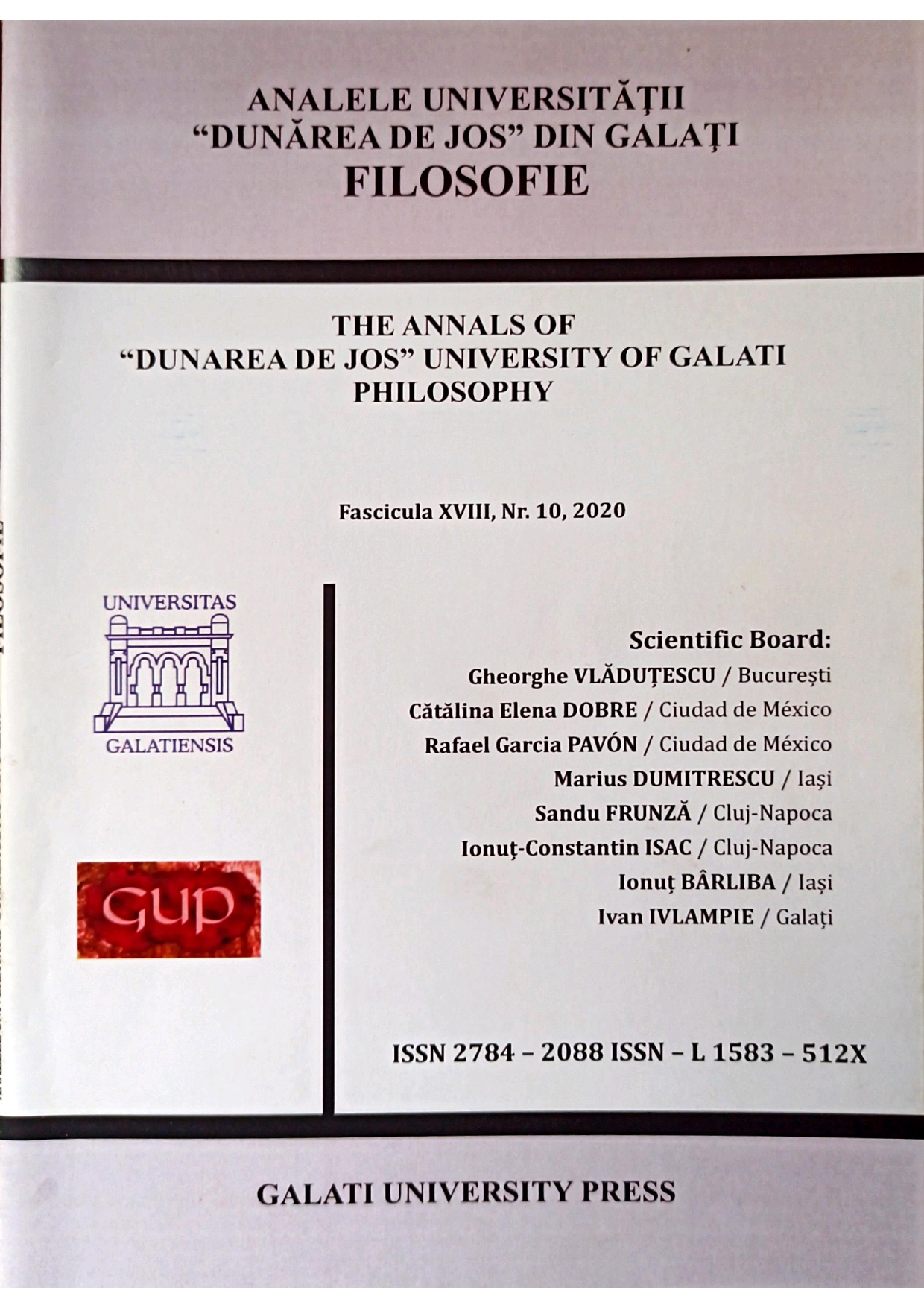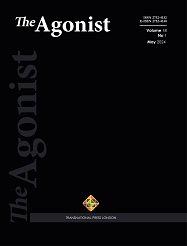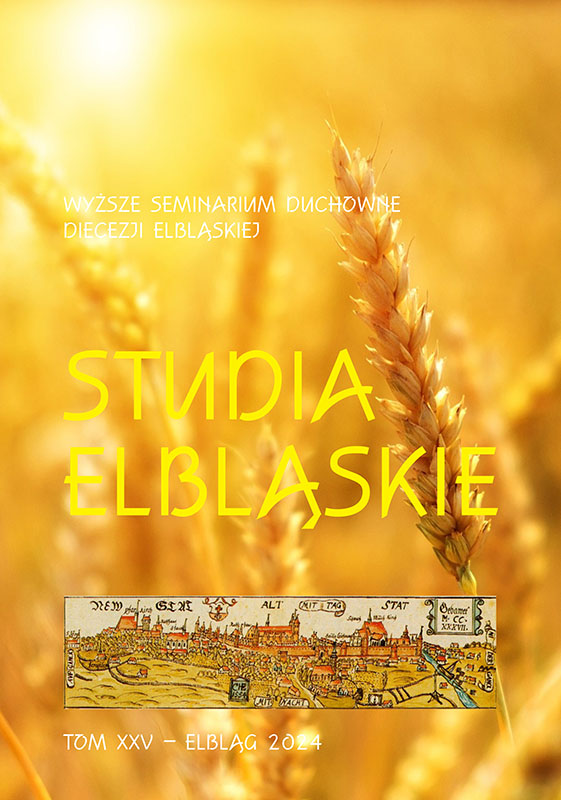Author(s): Fevzi Yiğit / Language(s): Turkish
Issue: 2/2023
In Averroes’s epistemology, knowledge is universal, but it is always singular in terms of the known. Averroes believes that there is no need for an activity, even in the sense that used by those who have the idea of "kumūn" rational forms being formed by other rational forms of the same kind, or for a power such as in the example of polishing a mirror to reflect an image. Similarly, he argues that there are no discrete abstract forms of existing things because otherwise, everyone would have to know everything. Although there are different degrees and levels, the existence of absolute metaphysical forms is subject to change and increases with the multiplication of their subjects. There are three means of knowledge: sensation, imagination, and intellect. Unlike the sensation and perception modes in animals, humans perceive the outer appearance of objects as well as their unique meanings and distinctions. Like animals, the function of sensation in humans is to mediate the self. While perception is abstract and spiritual in one sense, it is material and concrete in another. Averroes does not find it correct to link the knowledge of the contingents of the world to the eternal knowledge of God. Beacuse this implies that there is a difference in God's knowledge between the state of the world's existence and non-existence. In addition, human knowledge about contingents is deficient and changeable, whereas God's knowledge is the cause of the existence of contingents and is unchanging. Ultimately, it does not seem possible for humans to comprehend the nature of God's knowledge. It is agreed with Alexander of Aphrodisias that there should be a distinction between the active and imaginative intellects, but he differs from him in the point that the imaginative intellect disappears. According to Averroes, the active intellect in action is eternal, unlike Themistius’ view. According to Averroes, the intellect is neither a pure potentiality nor a distinct substance. That is to say, if the imaginative intellect were an actual thing, it could not perceive other things. If the intellect were absolute, everyone would know the same things. Similarly, if the intellect were absolute plurality, there would be no unity and connection between intellects. If the intellect were merely an accepting capacity, it could not perceive absence. According to Averroes, the active intellect is not a distinct intellect that gives form or governs the spheres, but rather the form and purpose of the imaginative intellect. There are two powers of this intellect: to abstract the concepts in their potential state from their matter and to make them actual and accepting them. In conclusion, it can be said that Averroes made a substance-centered philosophy regarding the possibility and reality of knowledge, and while he did not deviate from the Aristotelian line, he had to make new openings. Paradoxically, he tries to explain both the actual/abstract and potential/material aspects of the intellect that are postulated by introducing an original soul theory with the imaginative intellect. Therefore, he places importance on both a priori knowledge and sensation and imagination.
More...


